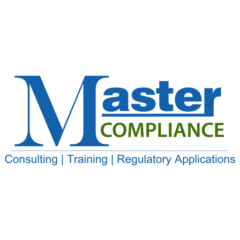Our Top 5 Blogs of 2021
MasterCompliance continues to provide clients and the public with guidance on industry focus areas, new rules, compliance foundations, and regulatory priorities. This blog explores our top 5 blogs of 2021. 1. Form ADV Part 2B: Disclosures for Supervised Persons Form ADV Part 2B is a brochure supplement that must contain certain information about specific individuals, acting on behalf of the investment adviser, who actually provide the investment advice and interact with the client. The brochure supplement is also a narrative format in plain English and includes six required disclosure categories, with a seventh for advisers registered or are registering with Read more about Our Top 5 Blogs of 2021[…]






